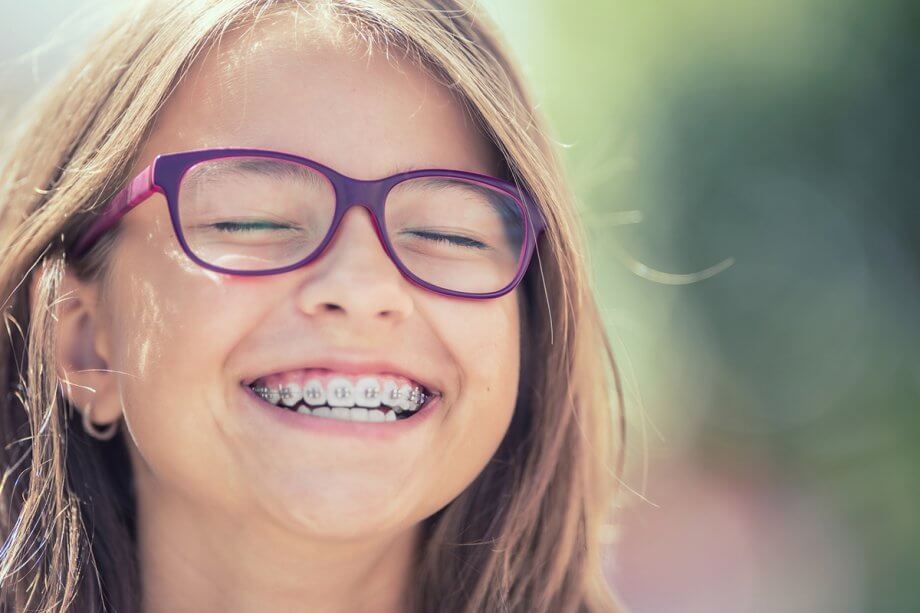There are many reasons you may suspect you need braces. You may want to correct cosmetic issues to boost your confidence. Some dental issues are uncomfortable or make it more difficult to chew or speak. The faster you address those issues, the less time you spend in discomfort.
One of the best signs that you need braces is a referral from a local dentist. Your routine cleanings and x-rays are often enough for an experienced professional to identify issues that either need immediate attention or will need attention in the future. You may also schedule an appointment with an orthodontist directly if you notice signs of dental problems commonly corrected with braces.
Common Signs You Need Braces
Some of the most common reasons dentists refer patients to an orthodontist include the following:
- Misaligned teeth or jaw
- Crooked teeth
- Overlapping teeth
- Gapped teeth
- Overbite
- Crossbite
You may also consider braces if any of the following problems interfere with your ability to speak, chew, or smile confidently and comfortably:
- Speech difficulties due to bite issues
- Bad breath caused by difficulty cleaning tightly overlapped teeth
- Teeth grinding caused by crooked teeth or bite problems
- Jaw clenching caused by bite problems
- Gum irritation due to large gaps between teeth
Finally, you may consider braces if your self-confidence is lowered by severely misaligned or gapped teeth. If you avoid taking pictures with loved ones or smile without exposing your teeth, braces could significantly improve your quality of life. The same goes for boosting your confidence in social and professional environments.
Less Common Signs Kids May Need Braces
Is it possible to predict that your child may need braces before you receive a referral from a dentist? There is never any guarantee, and parents are often surprised when one child needs braces and another does not.
There are a few factors that may contribute to dental issues commonly corrected with braces
- Thumb sucking beyond the age of 3 or 4. Prolonged thumb sucking can interfere with proper alignment of developing teeth. The result is often misalignment of the teeth or jawline.
- Early loss of baby teeth. When baby teeth are lost before the adult teeth are ready to come in, surrounding teeth may shift to fill the gap. You may assume it’s not a problem because it’s just the baby teeth, but this could cause the permanent teeth to come in crooked.
- Late loss of baby teeth. Most kids have all of their permanent teeth by the age of 14. Those who hold onto their baby teeth into adolescence may have issues that are best corrected by braces when the adult teeth do come in.
- Enlarged tonsils or adenoids. It’s possible for any medical issue that impacts the airway and reduces breathing quality to also have a negative impact on dental development. Some malocclusions, or bite problems, are caused by these issues.
There are also some hereditary traits that may also leave you with misaligned, crooked, overlapping, or gapped teeth that will respond well to braces. For instance, some families are known for having oversized teeth or even extra teeth that leads to overcrowding.
What to Do If You Think Braces are Necessary
Braces are now more accessible than ever. Now that Invisalign is readily available, more adults are getting braces to correct cosmetic issues that have caused embarrassment and reduced confidence for many years. Teenagers may also prefer clear aligners because they’re less visible than metal braces.
If you’d like to schedule an appointment for a consultation with Dr. Wong, contact us today at 203-625-9888.

